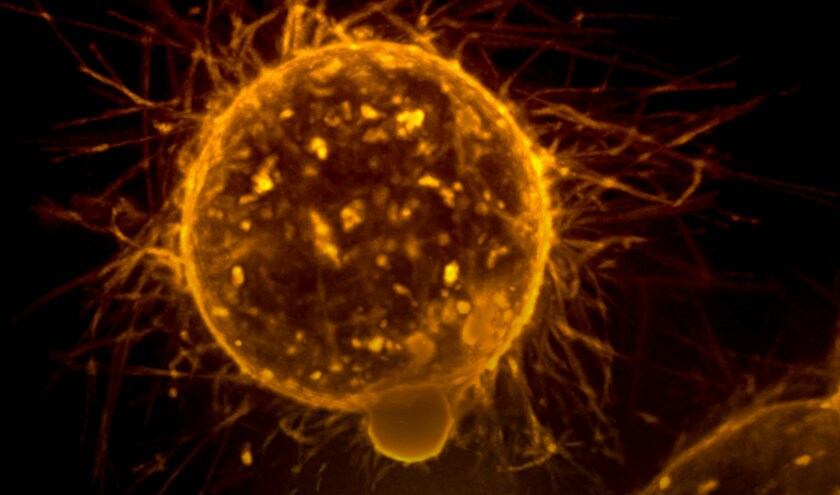Cancer Research UK's (CRUK) Cancer in the UK Report showed the proportion of the UK population dying from cancer fell by more than a fifth (22%) – from around 328 per 100,000 people in 1973 to around 252 per 100,000 in 2023.
Conversely, the proportion of people being diagnosed with cancer increased by almost half (47%) – from around 413 in 100,000 people in 1973 to around 607 per 100,000 people in 2023.
Michelle Mitchell, CRUK chief executive, said: ‘Over 460 people die from cancer every single day in the UK, and too many cases are diagnosed at a late stage. If we want to change that, we need bold action from the UK Government.
‘The upcoming National Cancer Plan for England must improve cancer survival and transform cancer services. If this plan is done right, it could save countless lives across England and ensure people affected by cancer live longer, better lives.'
Liberal Democrat health and social care spokesperson, Helen Morgan, said: ‘We are seeing waiting times grow longer and the rate of early diagnosis stall, all of which could see us squander these years of progress that have given many people the chance to live long and healthy lives.
‘To do that, we need to see the Government show real ambition in rebuilding cancer services by investing in more radiology machines and rapidly expanding the number of cancer nurses.'
The Government announced a £70m investment in 28 radiotherapy machines last month.
Morgan said patients should have a legal right to start their treatment within two months of an urgent referral.
A DHSC spokesperson said: ‘It's promising to see a significant drop in cancer mortality rates, but we know there is still more work to be done.
‘Our Plan for Change is already making an impact, with 90,000 extra patients having cancer diagnosed or ruled out since July than in the previous year March - and the highest ever proportion of patients getting a diagnosis or an all clear within four weeks in February.
‘By continuing to invest in modern technology and equipment, working with the life sciences sector to develop cutting-edge treatments, and reforming the NHS so we reach patients far earlier, we will make NHS cancer care fit for the future.'



